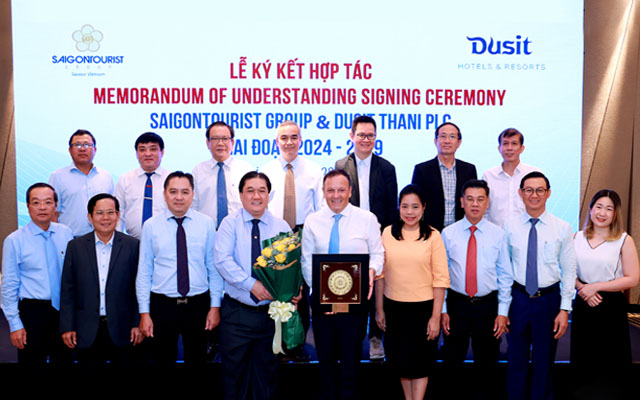Skift Take
As Golden Week approaches, China’s travel rebound is set to lift global tourism. Destinations that cater to confident Chinese travelers seeking diverse, immersive experiences will win big.
Peden Doma Bhutia
After years of limited mobility, Chinese outbound travel is set to make a significant recovery during the upcoming October Golden Week, according to Dragon Trail Research.
“We expect an October Golden Week that will come closer than any previous Chinese holiday period since the country’s reopening to meeting pre-pandemic levels,” Dragon Trail noted in a soon-to-be-released survey report.
Industry experts have eagerly anticipated this resurgence, and Chinese travelers are now embracing international exploration, focusing on personalized, immersive experiences.
Golden Week: A Turning Point for Chinese Travel
As China’s Golden Week kicks off on October 1, it marks a major milestone in the recovery of outbound travel.
According to Dragon Trail Research, 40% of surveyed respondents planning to travel by the end of the year have set their sights on October, signaling a strong appetite for international vacations. ForwardKeys backs this up, reporting that air tickets issued for outbound travel have reached 85% of 2019 levels, with a 32% increase from last year.
Source: Dragon Trail Research
Unlike 2023’s early spike from a Mid-Autumn Festival overlap, this year’s travel patterns for Golden Week is more evenly spread across the week. These multiple peaks reflect greater confidence and eagerness among travelers to explore new destinations at a more relaxed pace.
Chinese Travelers: Making Up for Lost Time
While Chinese outbound tourism hasn’t fully rebounded to pre-pandemic levels, the upward trajectory is clear. By August 2024, 16% of respondents to the Dragon Trail survey had already ventured abroad, a significant jump from just 4% by this point last year. More impressively, 60% of these travelers had embarked on at least two outbound trips.
Safety concerns, a significant post-pandemic travel deterrent, have also stabilized. Chinese tourists now feel more secure visiting destinations across 10 out of 11 global regions, with Europe and Southeast Asia being top choices.
While other parts of Asia remain the most frequently visited, Europe continues to capture the interest of long-haul travelers. Survey respondents reported plans to visit 28 European countries, ranging from Scandinavia to the Balkans. The Middle East has seen the biggest gain in interest.
Experiences Beyond Sightseeing
The Chinese travel landscape has evolved. Today’s tourists are no longer content with standard sightseeing trips. According to Dragon Trail Research, 70% of respondents participated in cultural or sporting events during their trips.
Experiences include museum visits and opera performances in Europe to fireworks festivals in Japan and Hong Kong. Niche travel segments like cruises and self-drive tours are gaining popularity, pointing to a more personalized, tailored approach to travel.
The recent Paris Olympics also showcased a shift in preferences, with Chinese travelers attending global events and taking in iconic experiences abroad.
These trends show that Chinese tourists now prioritize unique activities and experiences over simply choosing a destination.
Budget Conscious, but Ready to Splurge
Despite their enthusiasm for travel, Chinese tourists are strategic about spending. Most plan to spend between RMB 10,000 ($1424) and 30,000 ($4274) per trip, carefully allocating their budget across priorities. A significant portion of this is reserved for food and drink, with 76% of respondents stating they are willing to spend more on local culinary experiences.
Entertainment and cultural activities follow closely behind, with travelers eager to indulge in local events and experiences. Promotions and discounts remain attractive, especially for those booking cruises or accommodations. This blend of budget-consciousness and a willingness to splurge on key experiences defines today’s Chinese traveler.
Source: Dragon Trail Research
Planning and Booking: Shorter Windows, Trusted Platforms
One key trend that has emerged post-pandemic is the short planning window. Around 64.7% of respondents plan their trips within two months of departure, with most trips lasting between four and seven days. This reflects a combination of spontaneity and careful financial planning, as travelers balance flexibility with cost management.
When it comes to booking, Chinese online travel companies like Ctrip and Qunar continue to dominate, along with social media platforms like Xiaohongshu and WeChat. These channels provide travelers with a blend of convenience and user-generated content, offering the reliability they seek when making travel decisions.










